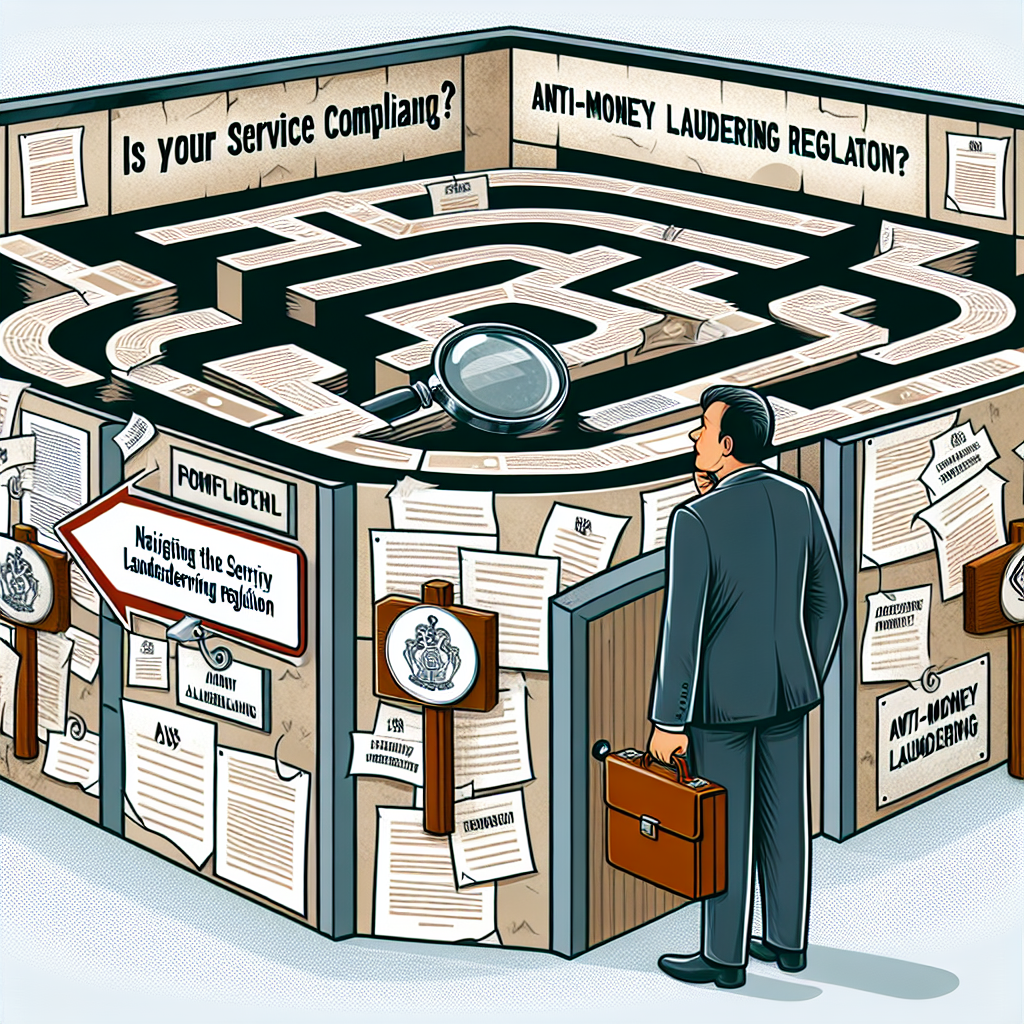In a significantly interconnected globe, understanding and sticking to Anti-Money Laundering (AML) laws is essential for businesses. Non-compliance can result in severe charges, including significant fines and legal consequences.
What Are Anti-Money Laundering Laws?
AML laws are created to avoid economic crimes such as money laundering and terrorist financing. These laws require companies to apply stringent actions to determine and mitigate threats connected with immoral monetary activities. The key objective is to keep the integrity of monetary systems and enhance transparency.
Why Conformity Issues
Conformity is critical for a number of reasons:
- Lawful Responsibilities : Regulatory authorities enforce rigorous AML needs on services running specifically fields, such as banking, real estate, and gaming.
- Credibility Administration : Non-compliance can damage your brand’s reputation and bring about a loss of consumer count on.
- Financial Outcome : Penalties for non-compliance can be substantial, commonly getting to numerous bucks.
Steps for Making Certain Conformity
1 Risk Evaluation
Conducting a detailed risk assessment is the first step in AML conformity. It assists determine areas where your company is at risk to cash laundering activities.
2 Applying a Conformity Program
Produce a robust compliance program that consists of the list below components:
- Client Due Diligence (CDD) : Establish actions to verify the identity of your consumers.
- Continuous Surveillance : Continually display transactions to identify dubious activities.
- Training : Train workers on AML practices and legislations.
3 Coverage Suspicious Activities
Establish clear treatments for reporting any questionable tasks to the appropriate authorities. This is important for avoiding possible lawful implications.
Associated Searches
- Anti-Money Laundering policies 2023
- Exactly how to execute AML conformity
- Importance of AML in financial services
- Common AML conformity issues
FREQUENTLY ASKED QUESTION
What industries are most affected by AML legislations?
Industries such as financial, online casinos, real estate, and insurance coverage are greatly regulated under AML regulations.
What happens if my business falls short to abide by AML laws?
Failing to abide can lead to serious punitive damages, loss of company certificate, and possible criminal fees.
Meeting with a Conformity Expert
We talked with Jane Doe, a compliance professional at a leading banks.
Q: What are the most common obstacles companies face relating to AML conformity?
Jane Doe : “” The biggest difficulty is commonly comprehending the ever-evolving policies. Lots of organizations battle to stay on top of changes and wind up encountering conformity dangers.””
Q: Just how can small companies effectively manage conformity?
Jane Doe : “” Small businesses need to focus on training and establish a connection with legal advisors to ensure they remain in line with present legislations.””
Conclusion
Browsing AML regulations can be a difficult job, however ensuring conformity is non-negotiable for any type of organization. By understanding the laws and applying durable steps, you can shield your organization and its reputation.
For further analysis on AML conformity, check out resources from regulative authorities (links in nofollow). Bear in mind, aggressive conformity is constantly far better than responsive actions.


